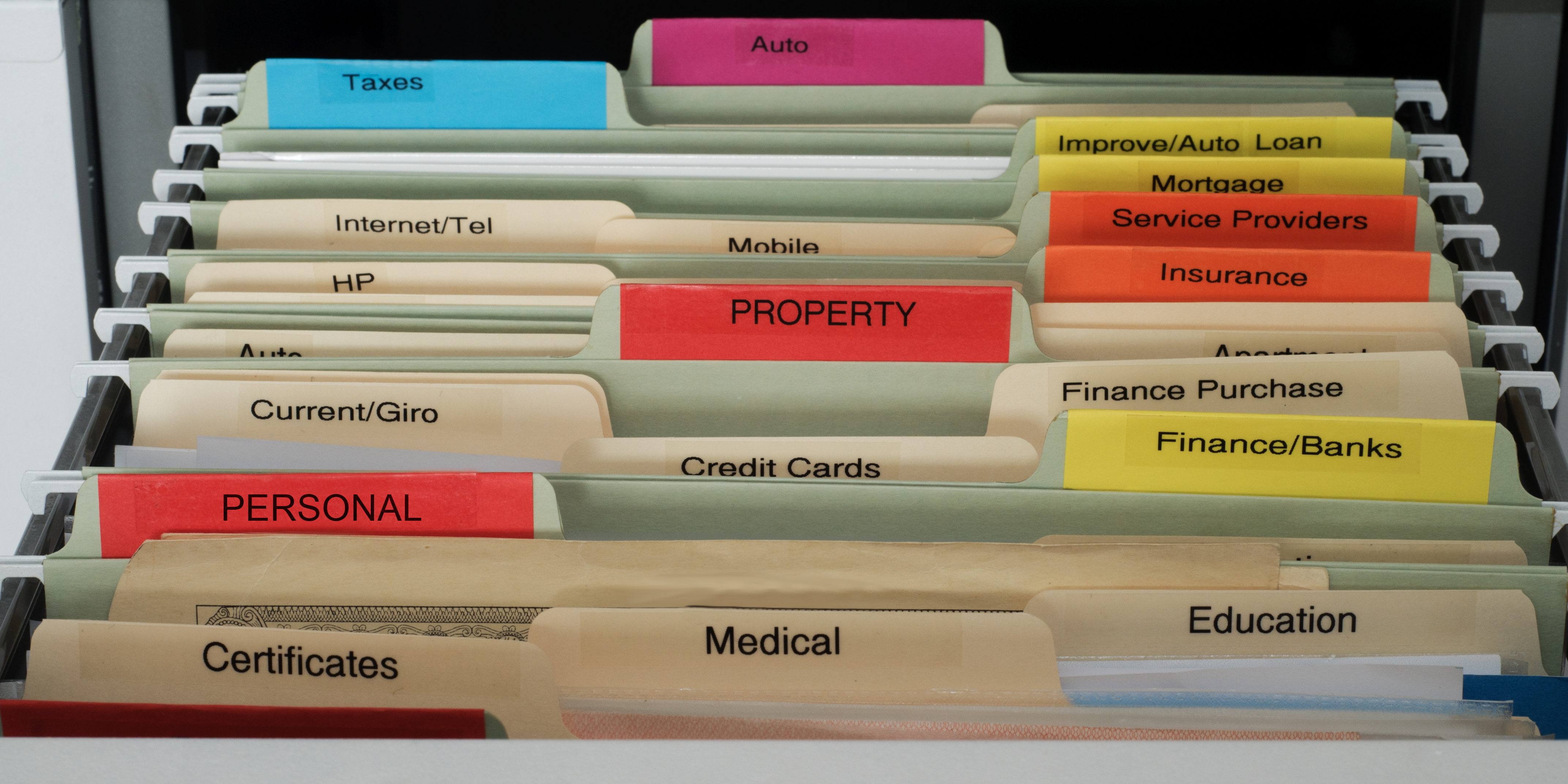
- #Small business record keeping install#
- #Small business record keeping registration#
- #Small business record keeping software#
If your business employs anyone else, you’ll need to keep PAYE records. If your business is registered for VAT, there are some additional records you’ll need to keep. If you use the FreeAgent mobile app, you can snap expense receipts while you’re on the go and upload them straight to your account from your phone.įind out more about expenses in FreeAgent Other business records Recording expenses in FreeAgentįreeAgent makes it easy to keep records of all the expenses you incur while running your business.

Similarly, you should also keep records of the purchases of any capital assets. These can be paper receipts or, in most cases, electronic copies such as scanned images or digital photos, provided they show all the information clearly. You should keep receipts for all your business expenses. See our guide to VAT invoices for more details.
#Small business record keeping registration#
If your business is VAT registered, the invoice must show additional information, including the VAT amount, your VAT registration number and the rate of VAT charged per item. Each invoice must also include a description of what you’re charging for, the date the goods or service were provided, the amount being charged and the total amount owed. To comply with HMRC’s rules, each invoice must have a unique number, along with the date of the invoice and the name and address of both your business and the customer.
#Small business record keeping software#
These can be paper copies or electronic versions, stored either on your computer or online using cloud accounting software such as FreeAgent. You’ll need to record all sales and other business receipts and keep supporting records such as invoices and bank statements. You’ll also need records of any other personal income in order to complete your tax return. If you’re self-employed as a sole trader or a partner in a partnership, then you have to keep records of your business income and expenditure. Records for sole traders and partnerships You could be fined up to £3,000 if you fail to keep adequate records. Having well-organised records will also make life easier when you come to file your annual Self Assessment tax return to HMRC.Īside from anything else, it’s a legal requirement to maintain accurate business records, and you’ll need to hold on to them for several years in case HMRC ever asks to inspect them. You might think of record-keeping as a chore, but it’s crucial for keeping tabs on the money flowing in and out of your business. If you’ve become self-employed and are wondering what sort of records you need to keep - and how long you need to keep them for - our guide will walk you through the basics.

There are plenty of upsides to being your own boss, but many small business owners are daunted by the financial paperwork involved in going it alone. How long should businesses keep employment tax records?īusiness owners should keep all records of employment taxes for at least four years.What records do small business owners need to keep? Small business owners must be able to prove expenses to deduct them. The responsibility to validate information on tax returns is known as the burden of proof. How should businesses record transactions?Ī good recordkeeping system includes a summary of all business transactions. These are usually kept in books called journals and ledgers, which business owners can buy at an office supply store. All requirements that apply to hard copy books and records also apply to electronic business records. The IRS generally suggests taxpayers keep records for three years. These factors include the action, expense and event recorded in the document. How long a document should be kept depends on several factors. Except in a few cases, the law does not require special kinds of records.

They should choose one that clearly shows income and expenses. Small business owners may choose any recordkeeping system that fits their business.

What kinds of records should owners keep?
#Small business record keeping install#
Whether they install software or make soft-serve. This applies to all businesses, whether they have a couple dozen employees or just a few. Small business owners should keep good records.


 0 kommentar(er)
0 kommentar(er)
